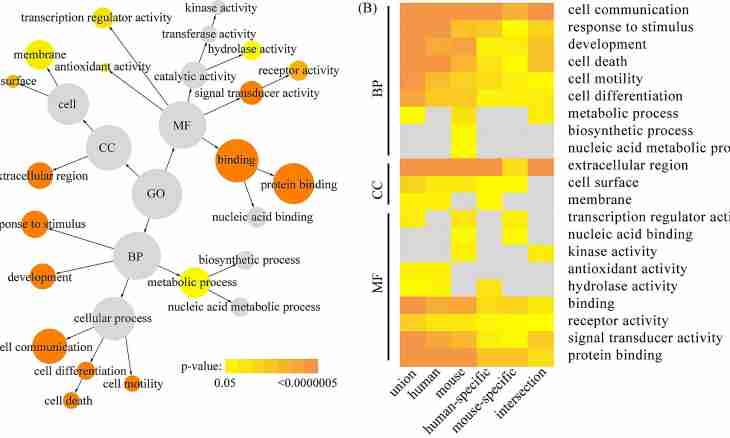The term "ontology" came from the Greek phrase – the doctrine about life. The ontology or "the first philosophy" is understood as the doctrine about life which does not depend on its special, special types. The ontology in this sense is equivalent to metaphysics – science about the reasons and the beginnings of life.
The concept about ontology as the doctrine was introduced by Aristotle for the first time. Catholic philosophers during an era of the late Middle Ages tried to apply Aristotle's idea about metaphysics to creation of a certain doctrine about life. The doctrine serving as the indisputable philosophical proof of the truth of religion. This trend acted in the most finished look at Thomas Aquinas in his philosophical and theological system. Approximately since the 16th century a special part of metaphysics, the doctrine about supersensitive, non-material structure of all real began to be understood as the term ontology.
The term "ontology" was used for the first time in 1613 by the German philosopher Geklenius. And as we understand this term now, in its finished expression, the ontology was expressed in Wolf's philosophy. The ontology was rejected from the maintenance of private sciences and was formed by the abstract and deductive analysis of her concepts, such as stay, quantity and quality, opportunity and reality, reason and action, substance and accident and others.
However in materialistic exercises of Hobbes, Spinoza, Locke and the French materialists of the 18th century the opposite trend because the content of these exercises was based on the data of experimental sciences, and the idea of ontology acted as philosophical discipline of the highest rank came down practically to zero. In philosophy of the 20th century the German philosophers idealists Nikolay Gartman and Martin Heidegger as a result of distribution of subyektivno-idealistic currents constructed so-called new ontology on an objective and idealistic basis. The new ontology is understood as a certain system of general concepts of life which are comprehended by means of a superrational and supersensual intuition. Today it is accepted to understand unity and completeness of all types of reality as the term "ontology" though the world is discrete and divided, it has accurate structure which all parts are connected and represent integrity. The ontology has several types: ontology of subject domain, network, meta-ontology, ontology of a specific objective.

